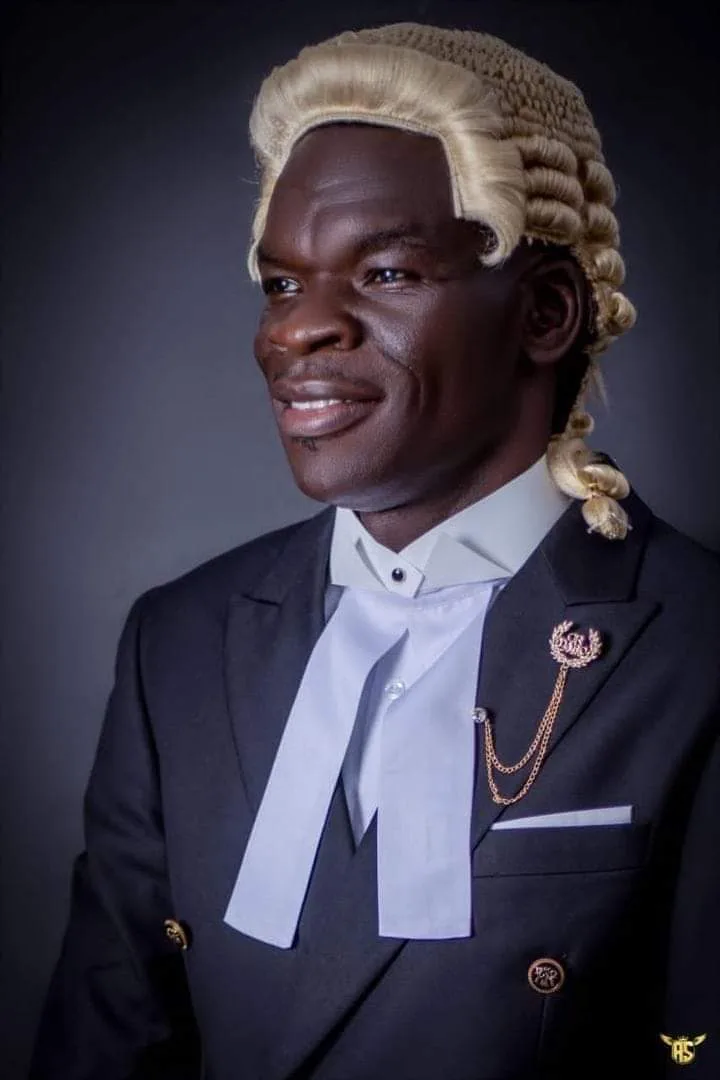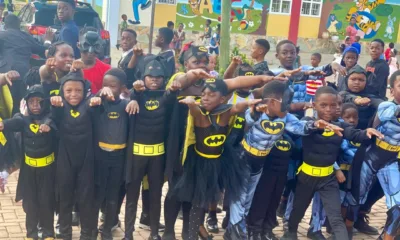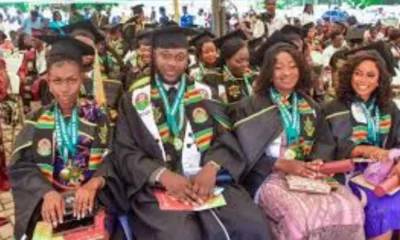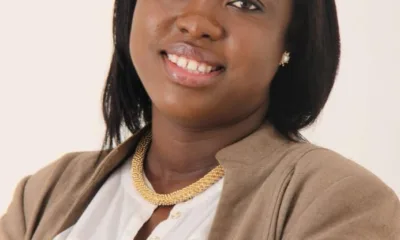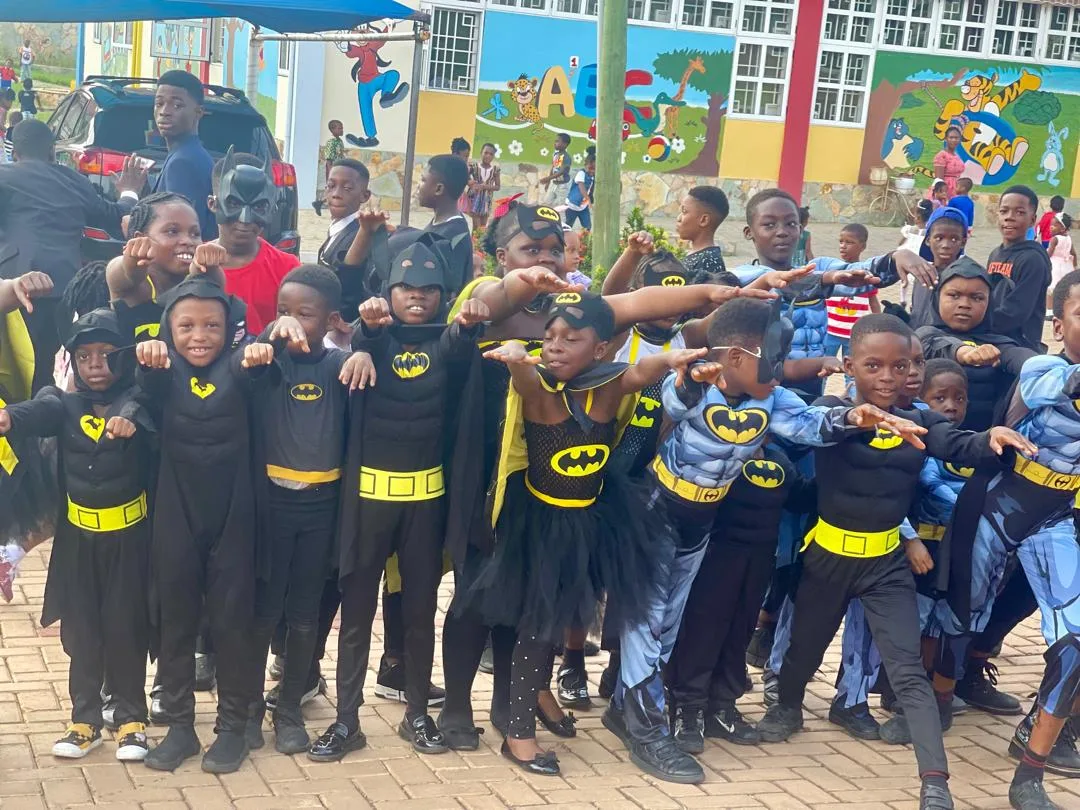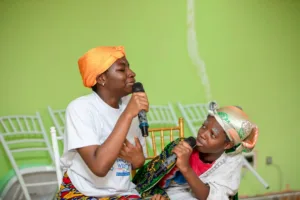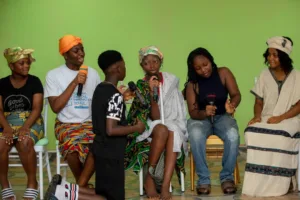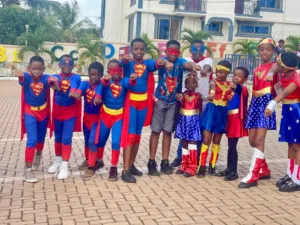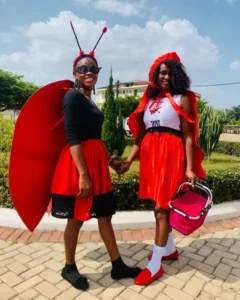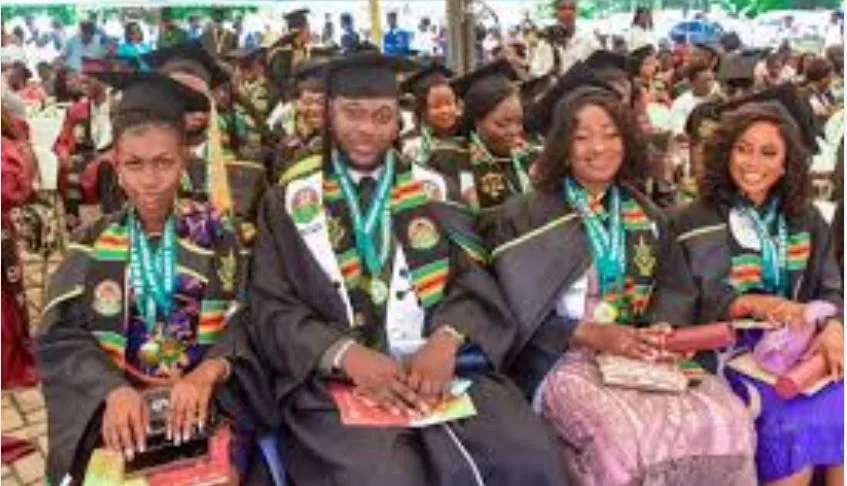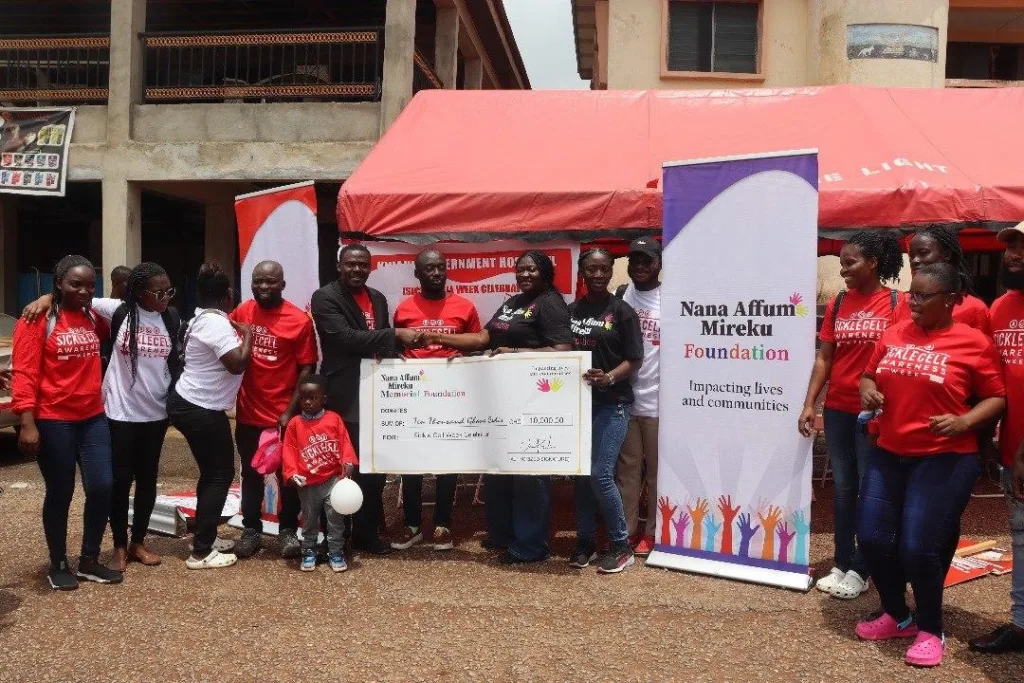Christmas is a festive season celebrated by most Christians worldwide to commemorate the birth of their saviour Jesus Christ.
Jesus Christ was born in Bethlehem in Roman- controlled Judea. The birth of Jesus Christ is described in the biblical gospels of Matthew and Luke, but there is no definitive historical evidence for the exact date
The gospels and historical sources do not provide a date for Jesus’ birth, but most scholars believe it was between six and four Before Christ (BC).
His parents Joseph, a carpenter was legally Jesus’ father, but Mary was a virgin when Jesus was conceived through the Holy Spirit
The commemoration of the birth of Jesus Christ known as Christmas is celebrated on December 25, but there is no evidence that Jesus was born on that date. Church leaders may have chosen that date to coincide with a Roman festival.
As the season draws closer across the globe, various activities are planned by churches, organisations and families.
In Ghana, Christmas celebrations tend to start around the December 20, lasting till the New Year with lots of activities which go on during the festive period, with the main focus being on people travelling around the country to visit family and friends.
It is celebrated with a variety of traditions, including church services, gift-giving, preparing, sharing and eating of traditional food like fufu with chicken or goat soup, rice and stew or jollof rice.
Church services are held late into the night, featuring dancing, drumming, choir singing, and sometimes a nativity play with people attending in traditional clothing, and then exchange gifts.
In Ghana, during the festive celebrations in homes are mostly spearheaded by women regardless of what they already do on any given day.
Women add extra chores such as buying and wrapping presents, planning and preparing meals in large quantities, attending parties, stuffing food stuffs, decorating the house and ensuring everyone and everything was intact.
Women, both young and old become the pivot around which every home revolves around during festive periods especially Christmas.
All of this time-consuming, behind-the-scenes activities can make the season especially uptight, particularly for women. They do most of the chores at home with the mindset of this is a “me” job, “I am a better multi-tasker,” “so I will just do it.” “If I do not do it, no one will” and so forth. This they do to ensure everyone is ok during the festive season and beyond.
An American Sociological Review found that women reported doing more “cognitive labour” at home than their spouses did – anticipating, identifying options, making decisions and monitoring progress.
Throughout the year, women have demonstrated remarkable dedication and perseverance, effortlessly juggling their responsibilities at home and in their various workplaces. Their ability to balance these dual roles has earned them admiration and appreciation from all.
At home, women have taken on numerous roles: caregivers, nurturers, educators, and managers. They have ensured the well-being and happiness of their families, often putting others’ needs before their own.
In the workplace, women have made significant contributions across various industries, exceling in fields such as business, healthcare, education, technology, journalism and more. Their hard work, expertise, and leadership have earned them recognition and respect.
Despite facing numerous challenges, including gender biases and societal expectations, women have continued to thrive and make a positive impact in their communities. Their resilience, adaptability, and determination have inspired countless others.
As we celebrate the holiday season, let us take a moment to acknowledge and appreciate the tireless efforts of women everywhere. Their selflessness, compassion, and dedication to their families and communities are truly deserving of our recognition and gratitude.
As we commemorate the birth of Jesus Christ, let us also honor the women who have made a positive impact in our lives throughout the year and give them a “bow” of respect, gratitude, and admiration.
The role of women in Ghanaian society is multifaceted and invaluable. They are the backbone of our families, providing love, support, and nurturing to their children and loved ones.
They are also pillars of our communities, contributing to economic development, education, healthcare, and social welfare.
This Christmas, there is the need to honor the Ghanaian woman for her unwavering dedication, resilience, and compassion and celebrate her strength, her perseverance, and her selflessness.
As we commemorate the birth of Jesus Christ, it is important to remember the role of Mary, the mother of Jesus, who embodied the values of love, kindness, and selflessness and draw inspiration from her example and recognise the invaluable contributions of Ghanaian women to our society.
To all Ghanaian women, The Spectator salutes you this Christmas season. May your love, kindness, compassion, and selflessness continue to inspire us all.
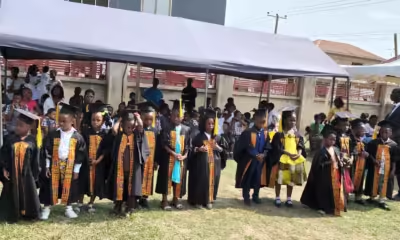
 News4 months ago
News4 months ago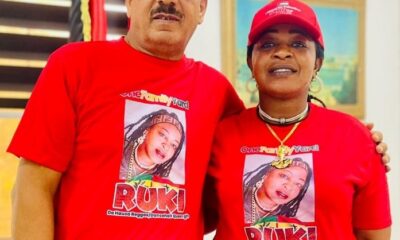
 Entertainment6 months ago
Entertainment6 months ago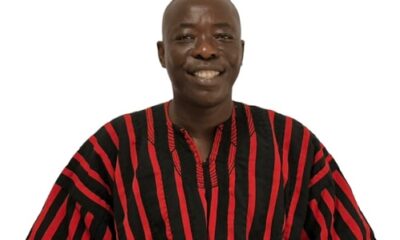
 News6 months ago
News6 months ago
 Entertainment6 months ago
Entertainment6 months ago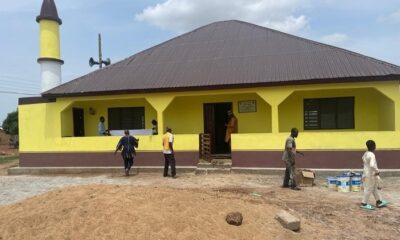
 News5 months ago
News5 months ago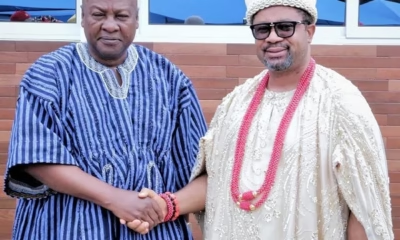
 News2 weeks ago
News2 weeks ago
 Tech5 months ago
Tech5 months ago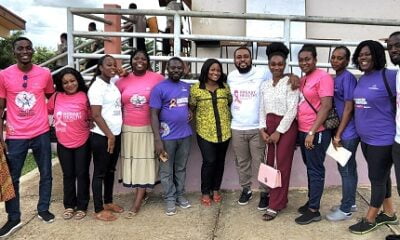
 News6 months ago
News6 months ago
